About George Soros and the Ukraine
Portside

Immediately following the posting June 20th of the article George Soros: Puppet Master Behind the Ukrainian Regime a number of moderators raised serious concerns about both its content and source. And it was unanimously decided that we would remove it from our website, which we did. Further inquiries and comments from our readers confirmed that decision. It should never have been posted.

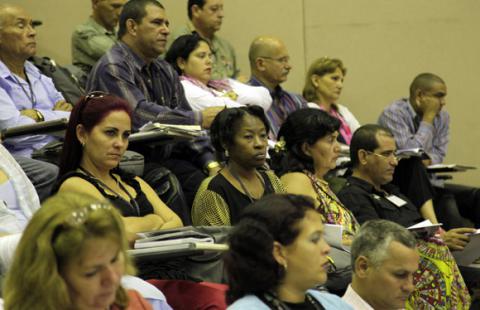
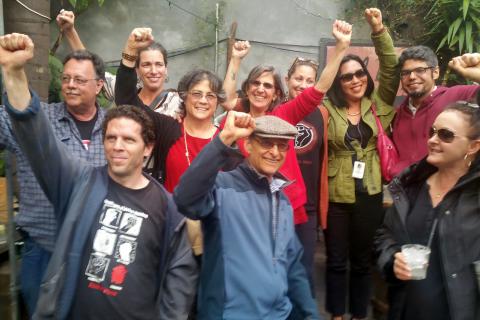
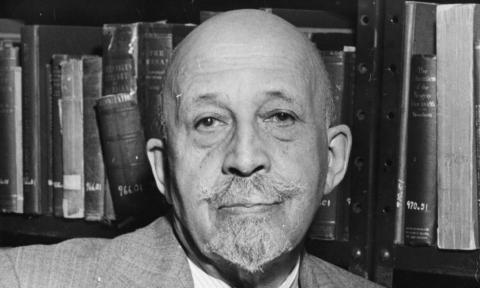

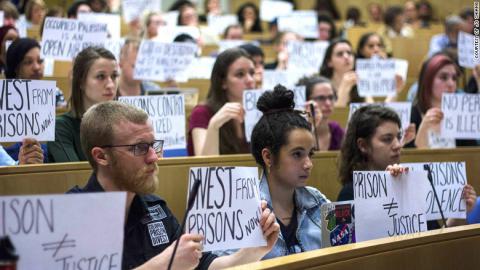
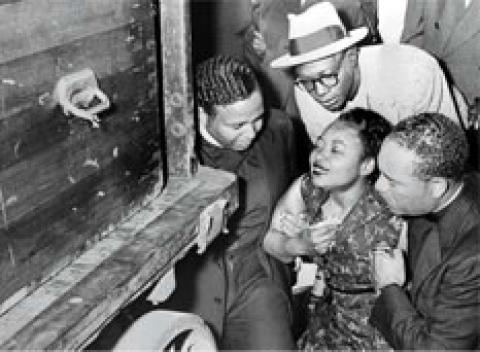
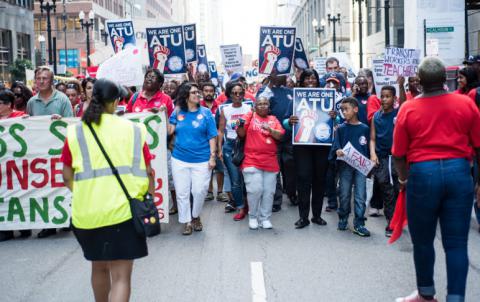

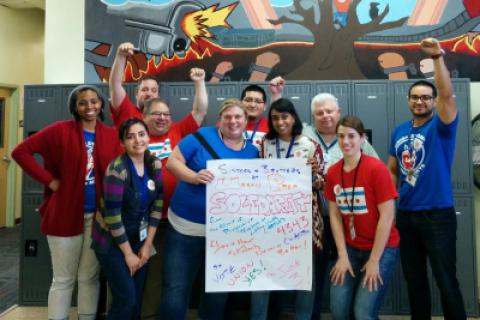
Spread the word